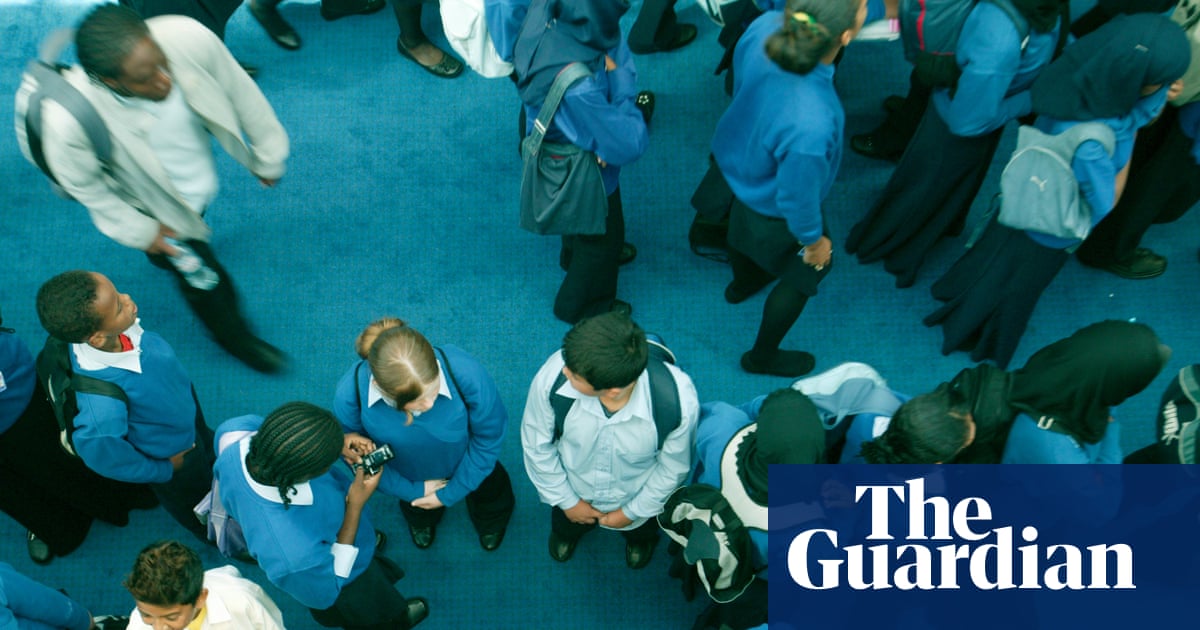
Youth clubs and after-school activities in England will receive a funding injection of £88m as ministers try to get more children away from smartphones and computer screens.
The package, which Keir Starmer announced on Tuesday, is intended to give pupils access to sport, outdoor activities, art, music, debating and volunteering.
The prime minister said there was a “worrying trend” of young people finding themselves “isolated at home and disconnected from their communities”.
He said the funds were designed to offer young people “a better alternative” and the opportunity to “develop the confidence and life skills that no algorithm can teach”.
Of the £88m package, £22.5m is new money to fund extracurricular activities in up to 400 schools over three years.
The remaining £65.5m was announced in the spending review in June. It will be spent on improving youth club infrastructure, including new gym equipment and climbing walls, in areas with high levels of child poverty and support youth work in areas with high rates of antisocial behaviour.
The funds will also support local authorities to provide high-quality out-of-school activities and create thousands of places in youth organisations such as the Scouts, the Guides and the Volunteer Police Cadets.
after newsletter promotion
The number of youth centres run by local authorities in England almost halved between 2012 and 2023, with council spending on youth work decreasing by 75% and the number of youth workers falling by about 4,500.
In the spring UK Youth, the country’s biggest youth-work charity, called on the government to urgently increase funding and said Labour had so far spent less than the Conservatives on youth work in England.
Angela Rayner, the deputy prime minister, last month told cabinet colleagues that deprivation, immigration and rising time spent online were having a “profound impact on society”.
At a cabinet meeting, she said the government must confront people’s “real concerns” to rebuild trust.
In March, Starmer praised the hit Netflix drama Adolescence and invited its makers to Downing Street to discuss the influence of toxic online material. He told the BBC that the series shone a light “on misogyny, on online content, and this sense of children, particularly boys, getting drawn into this world”.
Ministers are preparing to publish a national youth strategy in the autumn. Lisa Nandy, the culture secretary, said: “Strong local youth services are the bedrock of thriving communities that give our young people safe spaces to learn, grow and reach their potential.”








